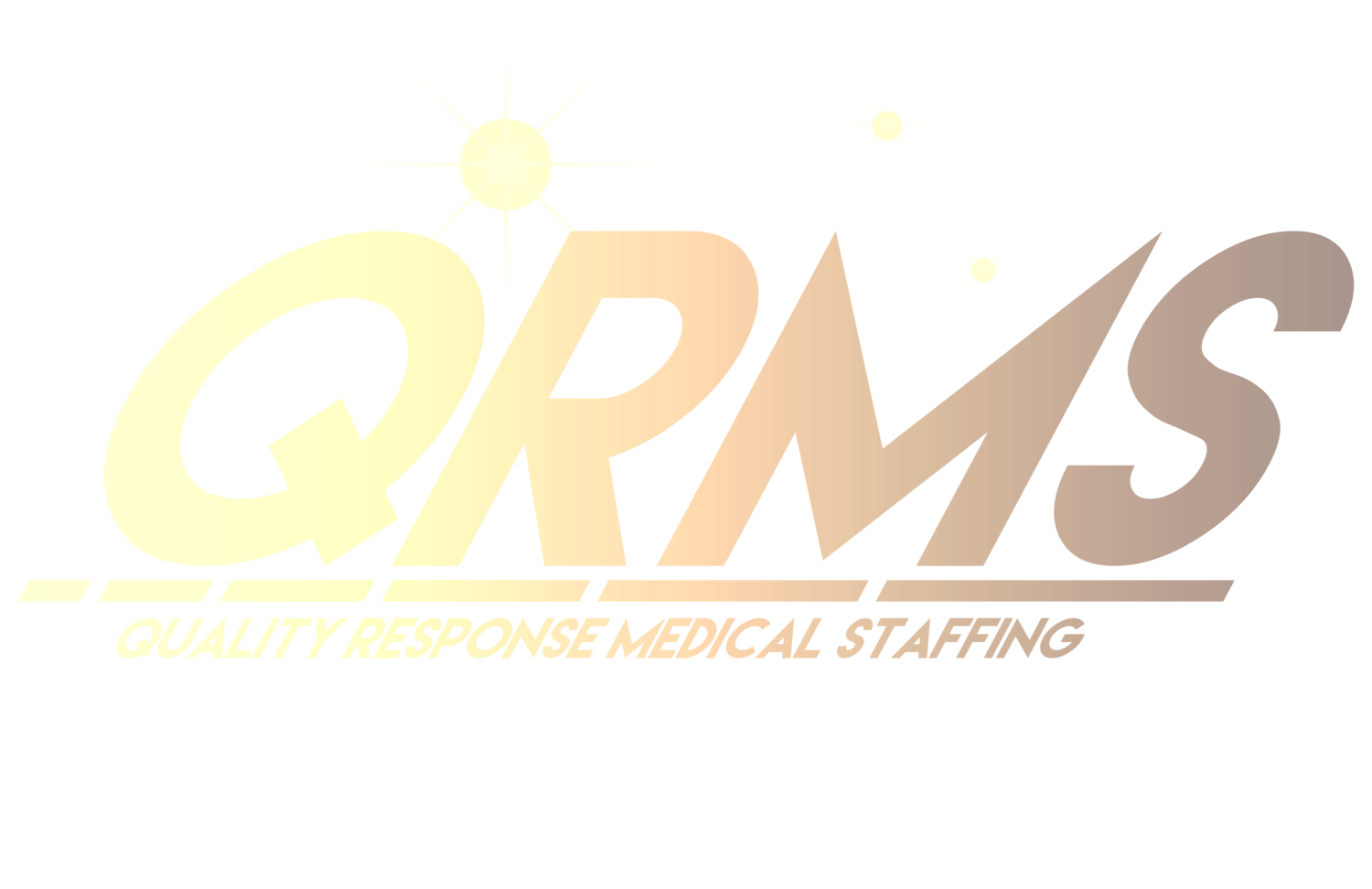The Surprising Connection Between Gut Health and Mental Health
When you think about your mental health, your gut probably isn’t the first thing that comes to mind. But emerging science suggests that the health of your digestive system may play a powerful role in how you feel emotionally.
It turns out your gut and brain are closely connected—and improving your gut health might actually help reduce anxiety, lift your mood, and even protect against depression.
The Gut-Brain Axis: Your Inner Highway
The connection between your gut and brain is so strong that researchers call it the gut-brain axis. This two-way communication system involves nerves, hormones, and the immune system.
At the center of it all is the vagus nerve, a superhighway that runs from your brain to your gut. This nerve constantly sends signals in both directions—meaning that when your gut is upset, your brain may be too.
Ever had “butterflies” before a big meeting? That’s your gut responding to stress. But it works the other way as well: an unhealthy gut may send stress signals to your brain, increasing your risk of anxiety and depression.
Meet Your Microbiome: Your Tiny Allies
Inside your gut are trillions of bacteria, fungi, and other microbes—collectively known as your gut microbiome. These tiny organisms help digest your food, protect against harmful invaders, and even produce important chemicals like serotonin, a key mood-regulating neurotransmitter.
In fact, over 90% of your body’s serotonin is made in your gut—not your brain.
When your microbiome is diverse and balanced, it supports not only digestion but also mental clarity, stable mood, and good sleep. But if harmful bacteria take over (a condition called dysbiosis), it can lead to inflammation, which has been linked to depression and other mental health issues.
What You Eat Affects How You Feel
The food you eat plays a major role in shaping your microbiome—and your mental well-being.
Gut-friendly foods include:
Fermented foods like yogurt, kefir, kimchi, and sauerkraut (rich in probiotics)
High-fiber foods like vegetables, fruits, whole grains, and legumes (prebiotics feed your good bacteria)
Omega-3-rich foods like salmon, flaxseeds, and walnuts (anti-inflammatory)
On the flip side, highly processed foods, sugar, and artificial sweeteners can throw off your microbiome and may contribute to mood disorders over time.
Lifestyle Habits That Support the Gut-Brain Connection
Beyond diet, other lifestyle factors can help nurture a healthy gut and a resilient mind:
Manage stress: Chronic stress can harm your microbiome. Try meditation, yoga, or even daily walks.
Get quality sleep: Your gut and brain both thrive when you’re well-rested.
Move your body: Regular exercise supports microbial diversity and boosts mood.
Avoid unnecessary antibiotics: They can wipe out beneficial gut bacteria. Use only when prescribed.
Is It Time to Check Your Gut?
If you’re experiencing digestive issues (like bloating, gas, or constipation), frequent illness, or unexplained fatigue or anxiety, your gut might be trying to tell you something. Talk to a healthcare provider about whether a gut health assessment or stool test is right for you.
Takeaway
The connection between your gut and mental health is one of the most exciting areas of wellness research. While there’s still a lot to learn, the evidence is clear: taking care of your gut is a powerful step toward a healthier mind.
Your second brain is closer than you think—right in your belly. So treat it well, and it just might help you feel better from the inside out.

